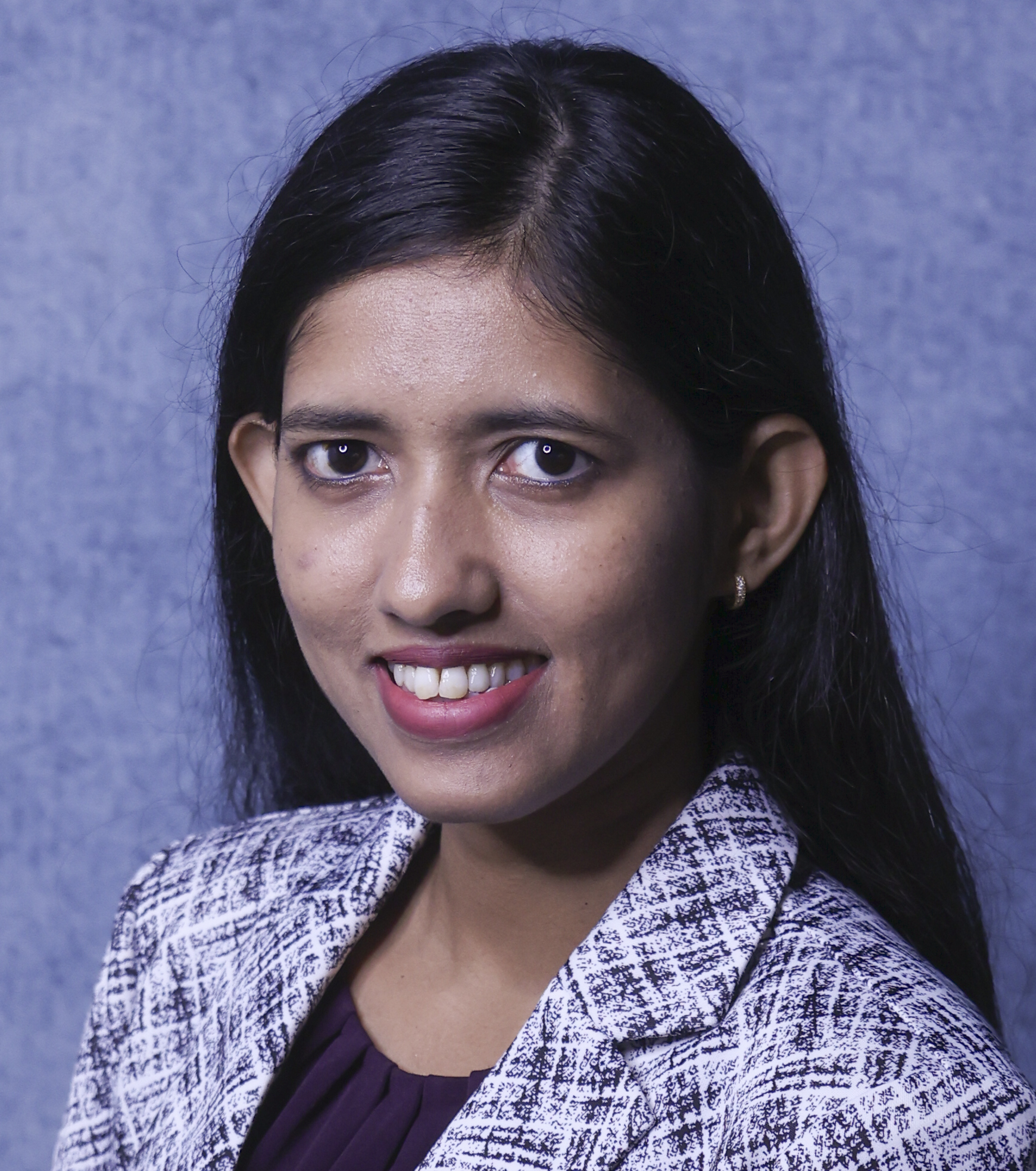
Taslima Akter
Assistant Professor, University of Texas San AntonioFormer CIFellow Postdoctoral Researcher, University of California, Irvine
PhD in Computer Science, Indiana University Bloomington
HCI, Usable Security & Privacy, Accessibility
Recent News
June 2025: Received CRA Trustworthy AI Research Fellowship.April 2025: Served as Associate Chair (Accessibility & Aging Sub-committee) in CHI 2025.
Oct 2024: Served as a Program Committee member in ASSETS 2024 and SOUPS 2024.
August 2024: Joined as an Assistant Professor in the Department of Computer Science at UTSA.
August 2024: Served as Lightning Talks/Demos co-chair in SOUPS 2024--2022.
May 2024: Served as Associate Chair (Privacy Sub-committee) in CHI 2024.
August 2023: Served as a Program Committee member in SOUPS 2023, ASSETS 2023, and CCS 2023.
July 2023: Paper published in ASSETS 2023.
Nov 2022: Two papers published in CSCW 2022.
June 2022: Started Postdoc at the University of California Irvine supported by CIFellows 2021.
May 2022: Completed PhD in Computer Science from Indiana University.
August 2021: Received Cognizant Trust & Safety scholarship.
May 2021: Received Luddy Outstanding Graduate Research Assistant Award by Indiana University.
Aug 2020: Organized Workshop on Inclusive Privacy and Security (WIPS) at SOUPS, 2020.
Sep 2018: Started my fall internship at Microsoft Research India.
About Me
I am an Assistant Professor in the Department of Computer Science at the University of Texas San Antonio (UTSA). Prior to joining UTSA, I worked as a CIFellow Postdoctoral researcher mentored by Dr. Anne Marie Piper in the Department of Informatics at the University of California, Irvine. I am a recipient of 2021 National Science Foundation/ Computing Research Association, Computing Innovation Fellowship. I received my PhD in Computer Science from the School of Informatics, Computing, and Engineering (SICE) at Indiana University, Bloomington. I was advised by Professor Apu Kapadia at Privacy Lab during my PhD. I have completed my undergraduate degree from the Department of Computer Science and Engineering at Bangladesh University of Engineering and Technology (BUET). In Fall 2018, I have done internship at Microsoft Research India to explore the shared privacy concerns of visually impaired people and bystanders in the context of camera-based assistive technologies.My current research interest lies in the field of usable privacy and security in the context of assistive technologies. In particular, I am excited about understanding and designing systems that can address privacy challenges faced by people with visual impairments while using existing and emerging assistive technologies. During my undergraduate studies, I worked on visual sensor networks, wireless networks, and mobile computing.
Work Experience
Assistant Professor - University of Texas San Antonio
Department of Computer Science, August 2024 -- Present
CIFellow Postdoctoral Researcher - University of California Irvine
Department of Informatics, June 2022 -- July 2024
Graduate Research Assistant - Indiana University Bloomington
Department of Computer Science, Aug 2016 -- May 2022
Lecturer - University of Asia Pacific, Bangladesh
Department of Computer Science, April 2015 -- July 2016
Teaching Experience
Instructor - University of Texas San Antonio
CS 5733: Privacy Enhancing Techniques, Spring 2025
CS 5463: Introduction to Human-Computer Interaction, Fall 2024
Instructor - University of California Irvine
IN4MTX 131 - Introduction to Human-Computer Interaction, Spring 2024
Graduate Teaching Assistant - Indiana University Bloomington
CSCI A542: Technical Foundations of Cybersecurity, Spring 2021
CSCI B430: Security for Networked Systems, Fall 2020
Instructor - University of Asia Pacific, Bangladesh
CS 303: Operating Systems, Fall 2015, Spring 2016
CS 115: Structured Programming with Lab, Fall 2015, Spring 2016